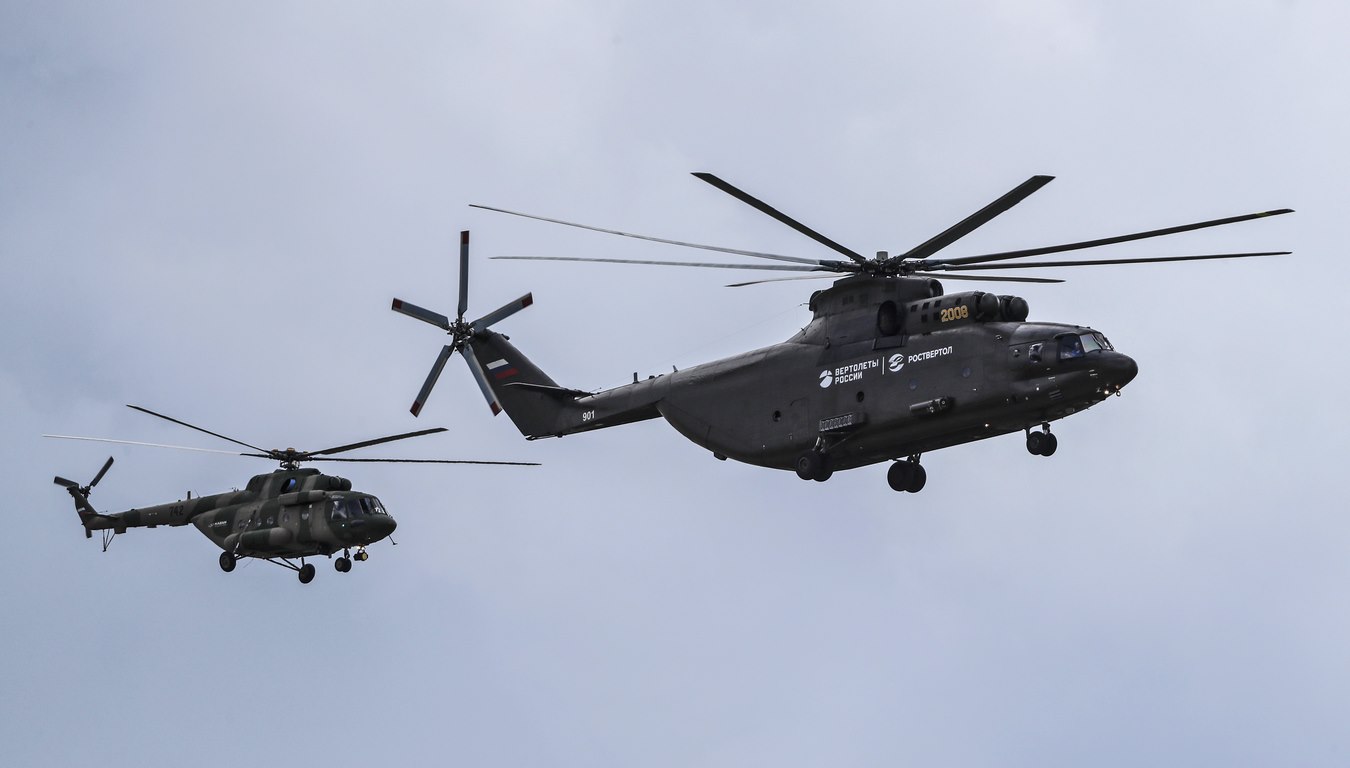RUSSIA MONITOR
Date: 26 March 2017
Minor Cuts in Defense Spending
Defense spending in Russia has decreased, not increased, for the first time in almost a decade. Russian government announced the decrease in defense spending in its draft budget for 2017, 2018 and 2019, made public in October last year. The total reduction over 3 years will equal 6%.

The biggest cut, namely 7%, has been planned in the current year. This means that from over 3.1 trillion rubles (budget for 2016) just 230 billion will be deducted. Despite this cut, Russia’s defense budget for 2017 will still be 14.4% higher than in 2014. This drop in defense spending follows a long period of continuing military budget increase. In the past six years, military spending has increased on average by 19.8% annually. In 2011, it was equal to 1.52 trillion rubles (13.9% of total budget expenditure), in 2012 to 1.81 trillion (14.1%), in 2013 to 2.1 trillion (15.8%), in 2014 to 2.48 trillion (16,7%), in 2015 to 3.18 trillion (20,4%), and in 2016 to 3.16 trillion (19,4%).
Moreover, the foreseen reductions will still be lower in the coming years. Following 7% cut in the current year, in 2018 and 2019 defense spending will drop by 3.2% and by 4.8%, respectively. However, the cuts foreseen in the budget may still in fact be lower. Such a situation happened in the past. Besides, the real defense spending is much higher than officially shown in a relevant budget item, as the funds allocated for defense related issues, defense procurement and security are frequently disguised in other parts of the budget, and classified under misleading budget titles, for example education (military academies), science and research (armaments), or humanitarian aid and development (Donbass, Syria). The Putin Russia is very similar to the Soviet Union in this respect – defense spending remains a state secret. Considering the militaristic, aggressive policy pursued by Putin and his specific arms race with the NATO, which judging from what Trump has been saying will only accelerate, no real significant cuts in defense spending may be expected in the coming years. Groups that benefit from such a situation, both in terms of power and financially, are influential and not willing to change it. Such groups include Kremlin’s advocates of confrontation with the West, generals, chiefs of secret services, and presidents of large enterprises getting orders from the army.
All texts (except images) published by the Warsaw Institute Foundation may be disseminated on condition that their origin is stated.










